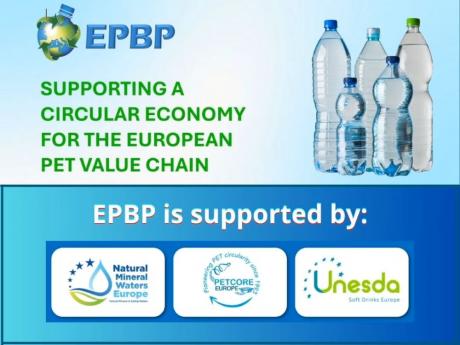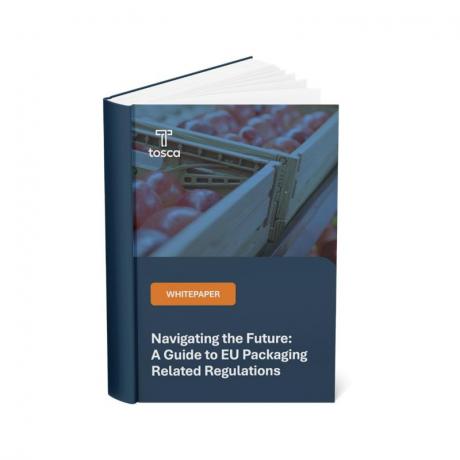The European Federation of recycling industries (EuRIC) has delivered a letter to the European Commission and the European Parliament to point out the need to ensure free, fair, and sustainable trade in recycled raw materials when amending the European Waste Shipment Regulation.
The European Commission, as we know, is working on proposed revision of EU Regulation 1013 (Waste Shipment Regulation – WSR) with a text expected in mid-November. This document must then be submitted to the European Council and Parliament for comments, per established procedure.
Signed also by numerous European recycling companies and associations, including Unicircular and its associated companies Assoraee, ADA, and Unirigom, the letter presents the concerns of the European recycling industry about restrictions on the exportation of wastes, both intra- and extra-EU, that might be introduced with the revision of the WSR without any distinctions pertaining to type or characteristics of said wastes.
A clear distinction must be made between unsorted wastes, for which restrictions are reasonable, and materials deriving from sorting and treatment operations performed by authorized plants (often labelled as wastes at the moment of exportation on the basis of the law in the destination country). For management and placement of the latter materials, access to global markets ensures the operation and sustainability of said plants.
Possible export restrictions are currently being evaluated and should be applied exclusively to flows of “problematic” wastes. If they are applied also to sorted and treated wastes—which can be used directly in the circular value chain—this would conflict with the objectives of the European Green Deal. It is thus necessary to support free and fair trade of sorted, treated wastes both within and outside of the EU. This is essential for the competitivity of the European recycling industry. And it is also necessary to implement a stable legislative framework with related incentives to reward the environmental benefits of circular materials.








